If you have never heard of the skincare ingredient, Pycnogenol, know this: It’s a potent antioxidant that is giving the famous complexion brightener vitamin C a run for its money. Editor Trudi Brewer shares why it should be part of your skincare routine.
Image BeautyEQ featuring The Ordinary Pycnogenol 5%
What is Pycnogenol?
Pycnogenol, pronounced (pick-NO-jen-oll), is an extract derived from the bark of the French Maritime pine tree that grows along the coast of southwest France. Also known by its botanical name, Pinus Pinaster, the extract is a vibrant red colour and is high in the antioxidant procyanidin and several bioflavonoids.
Why is it so popular?
Famous first as an oral supplement, it can increase skin collagen levels, reduce melasma and related pigmentation (to prevent dark spots), and it acts as an internal sunscreen agent. But that is not all. As a supplement, it supports menopausal health, endometriosis, varicose veins, eye health, and cognitive function. New research suggests that pycnogenol supplements may also help reduce the appearance of cellulite. Another widely published review, from 2024, indicates that Pycnogenol may also offer benefits for children with ADHD, as well as symptoms of knee osteoarthritis.
So, it’s no wonder beauty brands are stacking this antioxidant in cleansers, serums, and moisturisers. It has earned its way onto the ‘it list’ of heavy-hitting ingredients due to its general age-erasing qualities. Much like vitamin C (one of the most googled skincare ingredients), niacinamide, alongside retinol and hyaluronic acid, is vying for the top spot because it is better for those who can't tolerate topical vitamin C and retinoids. According to Dr Franziska Weichmann, “This powerful, all-natural antioxidant contains a unique combination of procyanidins, bioflavonoids and phenolic acids, which offer extensive natural health benefits,” says manager of scientific communications and product development at Horphag Research (the original developer and worldwide supplier of Pycnogenol).”
Proving to be an all-rounder, thanks to its ability to reduce inflammation (or redness and swelling) in the skin. “While both topical products and oral skincare supplements can help to improve skin health and appearance, pycnogenol’s benefit for skin care has been proven particularly strong with oral supplementation, as the benefits reach the dermis, or inner layer of the skin, of the entire body, fostering healthy skin from the inside out,” says Dr Weichmann.
Further, a 2024 review suggested that Pycnogenol may increase the production of hyaluronic acid and collagen, which could explain its beneficial effects on skin hydration and elasticity.
Scientific studies have proven that Pycnogenol is more effective than vitamin C. Good news for skincare enthusiasts seeking a natural solution to brighten their complexion. But what stands out about this ingredient is its ability not to oxidise easily (when exposed to the air). This is why many chemists are blending Pycnogenol with vitamin C to stabilise the formula. This ingredient is multitasking and can address a myriad of skin concerns. With the current focus on the skin barrier and protecting our complexions against oxidative stress, it is no surprise that a powerful antioxidant like Pycnogenol is in high demand.
The skincare featuring Pycnogenol or Pinus Pinaster
The Ordinary Pycnogenol 5%, $23
This is one of the most talked-about Pycnogenol-packed oil-like serum products from an affordable and effective beauty brand. This serum focuses on improving skin hydration and boosting firmness. It does this by attaching itself to your natural collagen and elastin. It can be used after cleansing alone, or you can mix a few drops with your moisturiser. Like vitamin C, it has been praised for evening out skin tone, reducing unevenness, and minimising the appearance of pores. FYI: A little goes a long way with this potent serum, which, like the extract, is a deep red in colour.
This clever K-beauty sunscreen was designed for sensitive skin, thanks to the addition of mineral zinc oxide as the SPF, offering broad-spectrum UV protection. It’s a non-sticky, moisturising formula, and stacked with antioxidants, such as Pycnogenol and Centella Asiatica. While hydrating hyaluronic acid keeps skin moisturised, it’s a clever, gentle SPF to apply daily under makeup.
Packed with collagen, peptides, and Pycnogenol, this K-beauty-rich night cream helps strengthen the skin and hydrate, blurring the appearance of fine lines, thanks to an ingredient lineup of peptides and plant-derived collagen. This product is designed to boost moisture while you sleep, ensuring your skin looks revitalised in the morning.
This tinted chemical sunscreen not only offers excellent skin protection from UV rays, but it’s also stacked with potent antioxidants, from Pinus Pinaster, vitamin E, mango seed oil, and, of course, pomegranate seed oil. With the addition of hyaluronic acid, it’s so nourishing while leaving a tinted veil on the skin that doubles as foundation. It comes in one universally flattering shade.
The list of antioxidants in this gorgeous body oil is extensive. Of course, Pinus Pinaster, with organic aloe juice, oat kernel, calendula and lavender flower extracts, as well as organic white tea. Sweet almond oil and white ginger, pomegranate and rosemary extract, and grape seed extract are blended with rose oil. With all that botanical goodness, it is also heavenly scented and deeply nourishing. We like to apply it straight from the shower while the skin is still damp.
The skin on the scalp can benefit from the antioxidant power of Pinus Pinaster, also known as Pycnogenol. Heightened by the blend of niacinamide, which helps strengthen the skin’s barrier, vitamin E and hydrolysed rice and wheat protein, as well as exotic fruit seed oils, these ingredients nurture dull, dry hair while boosting shine and hair strength.
To use: Apply one to three droppers full directly to the scalp, along the hairline. Massage it into the scalp and do not rinse. Use daily for best results.

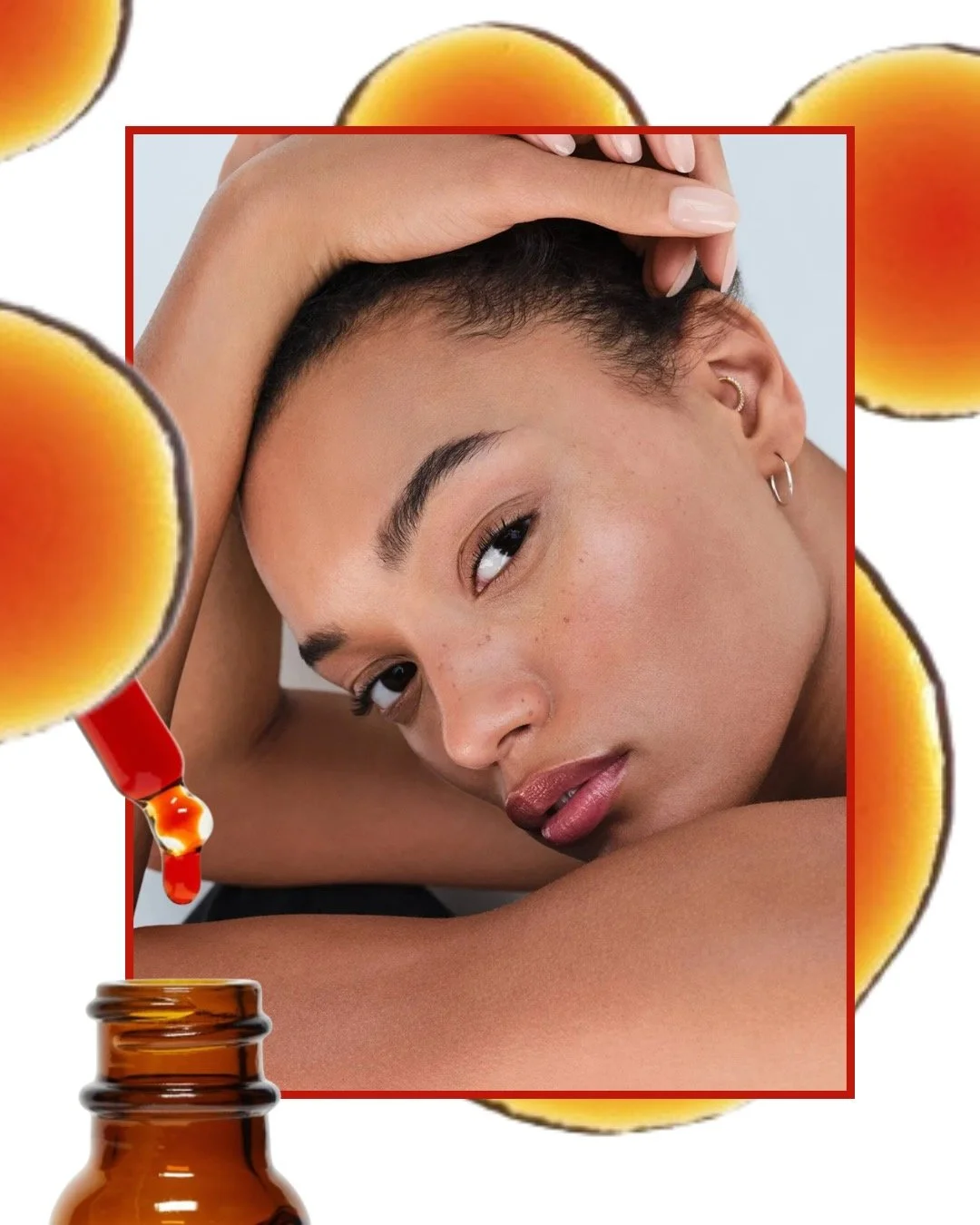
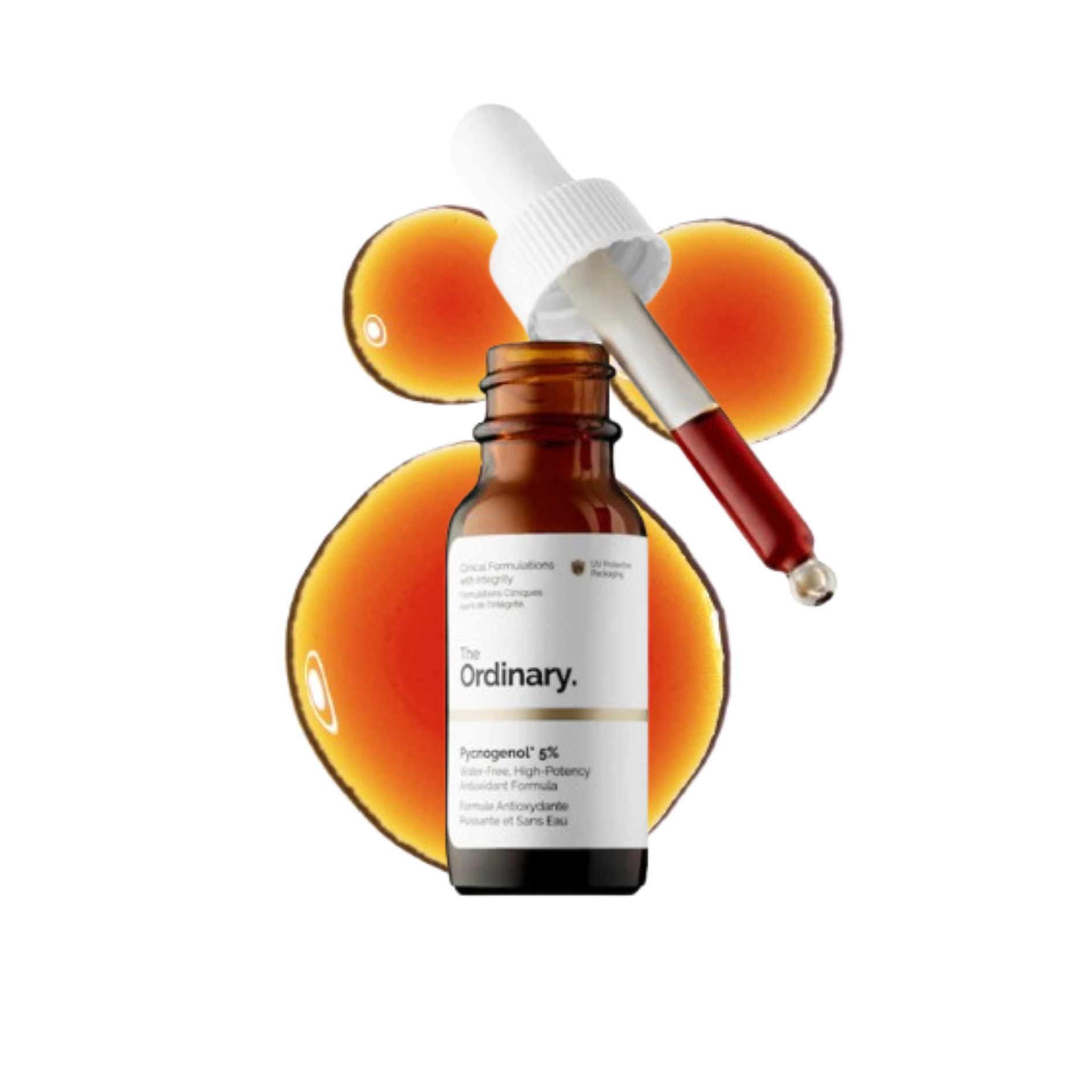
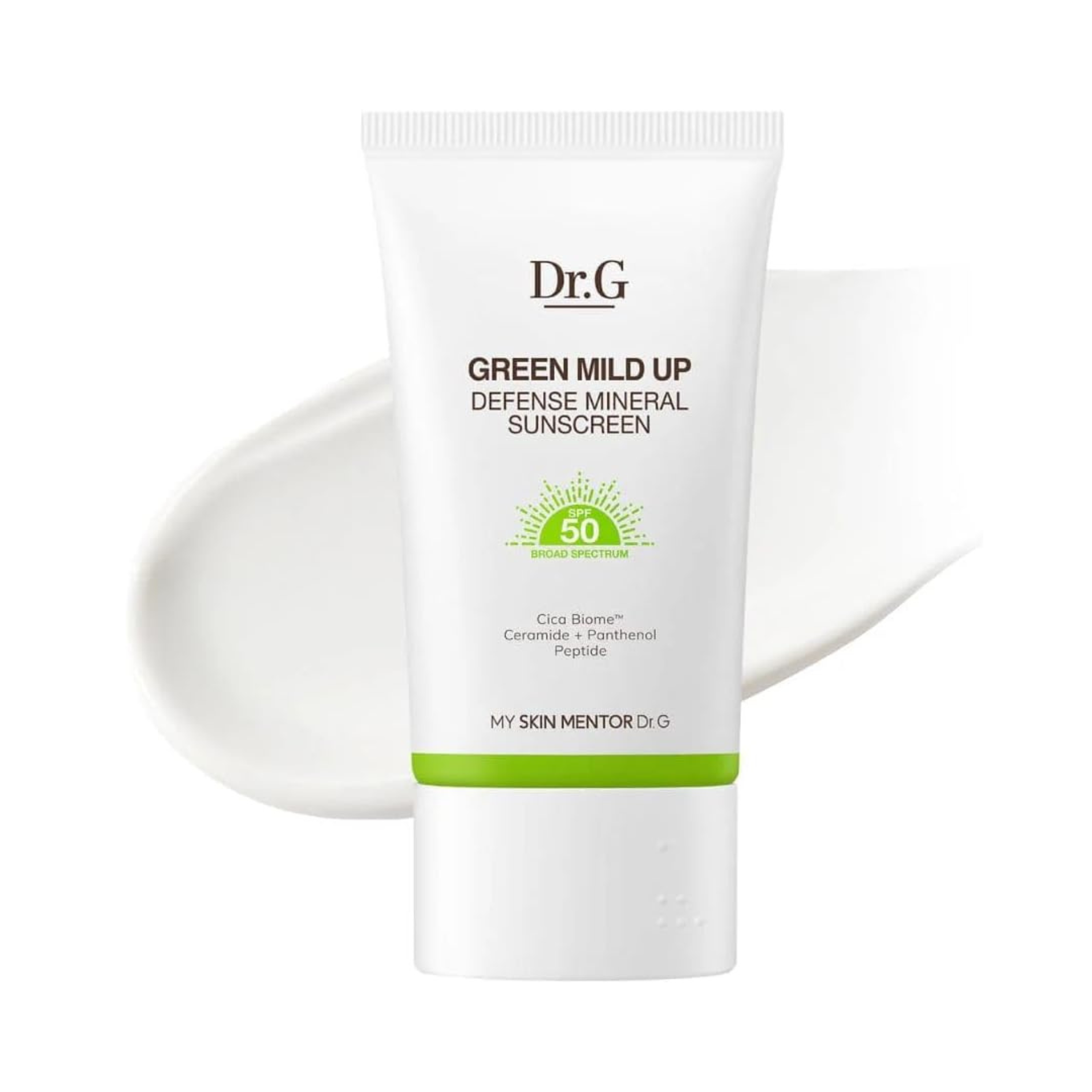
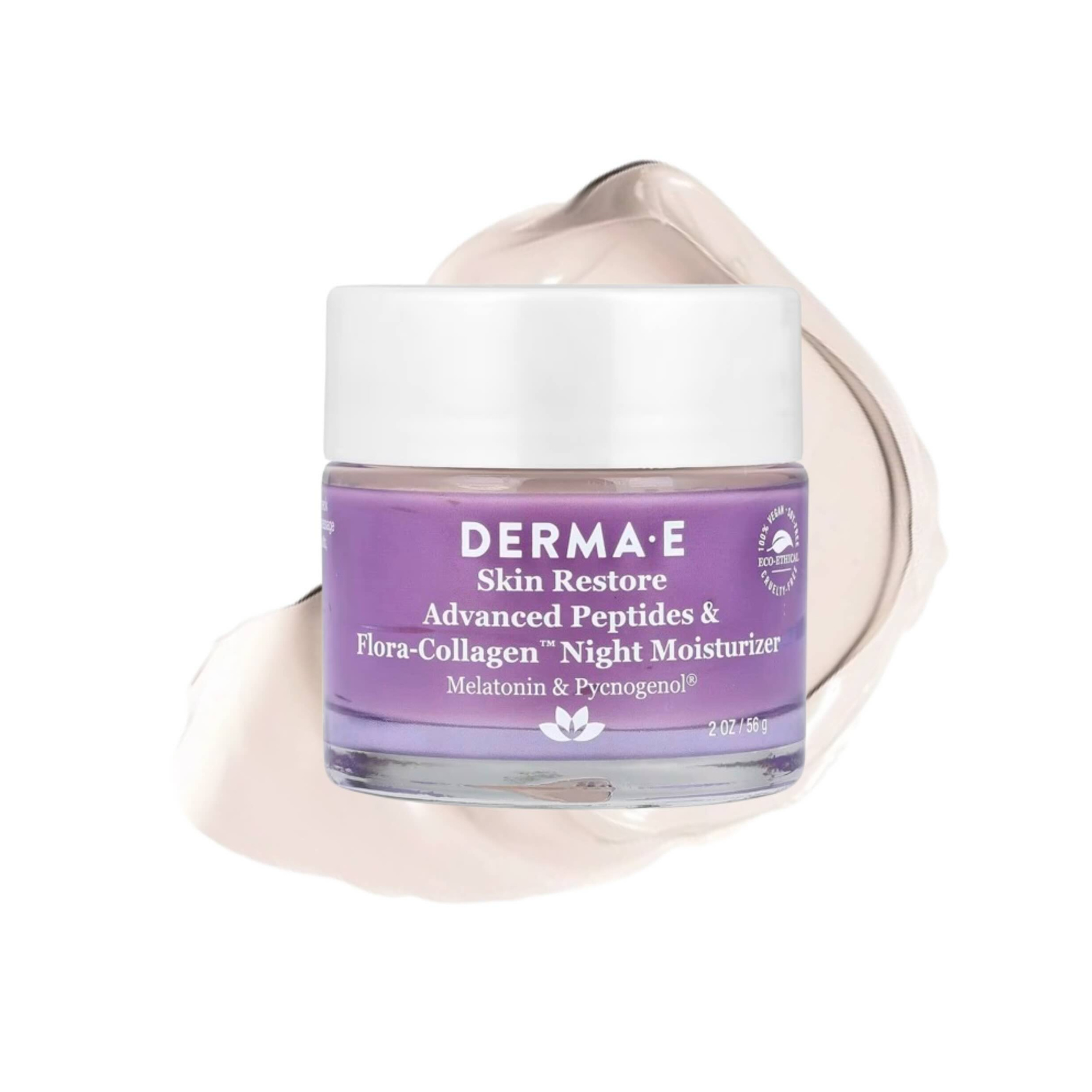


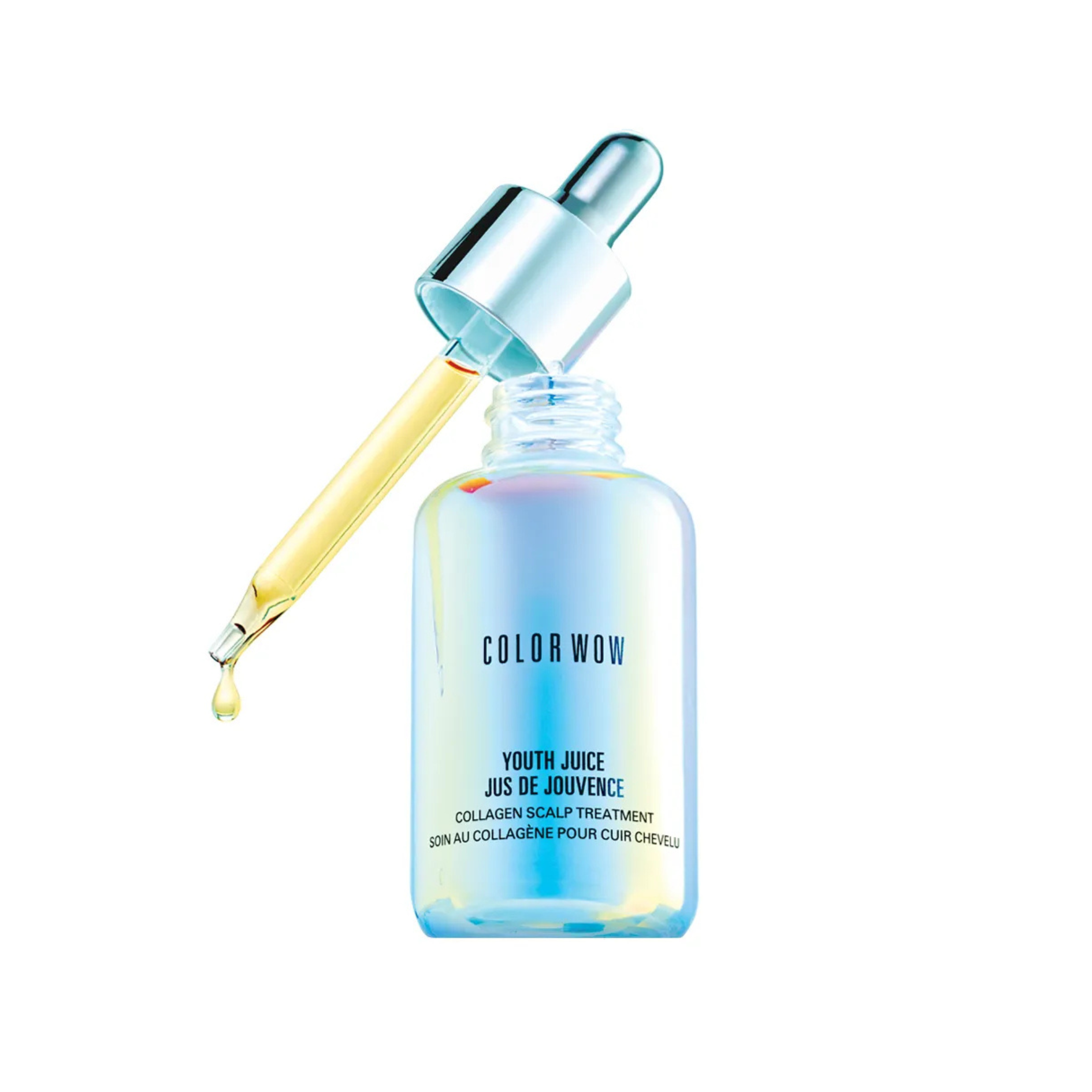
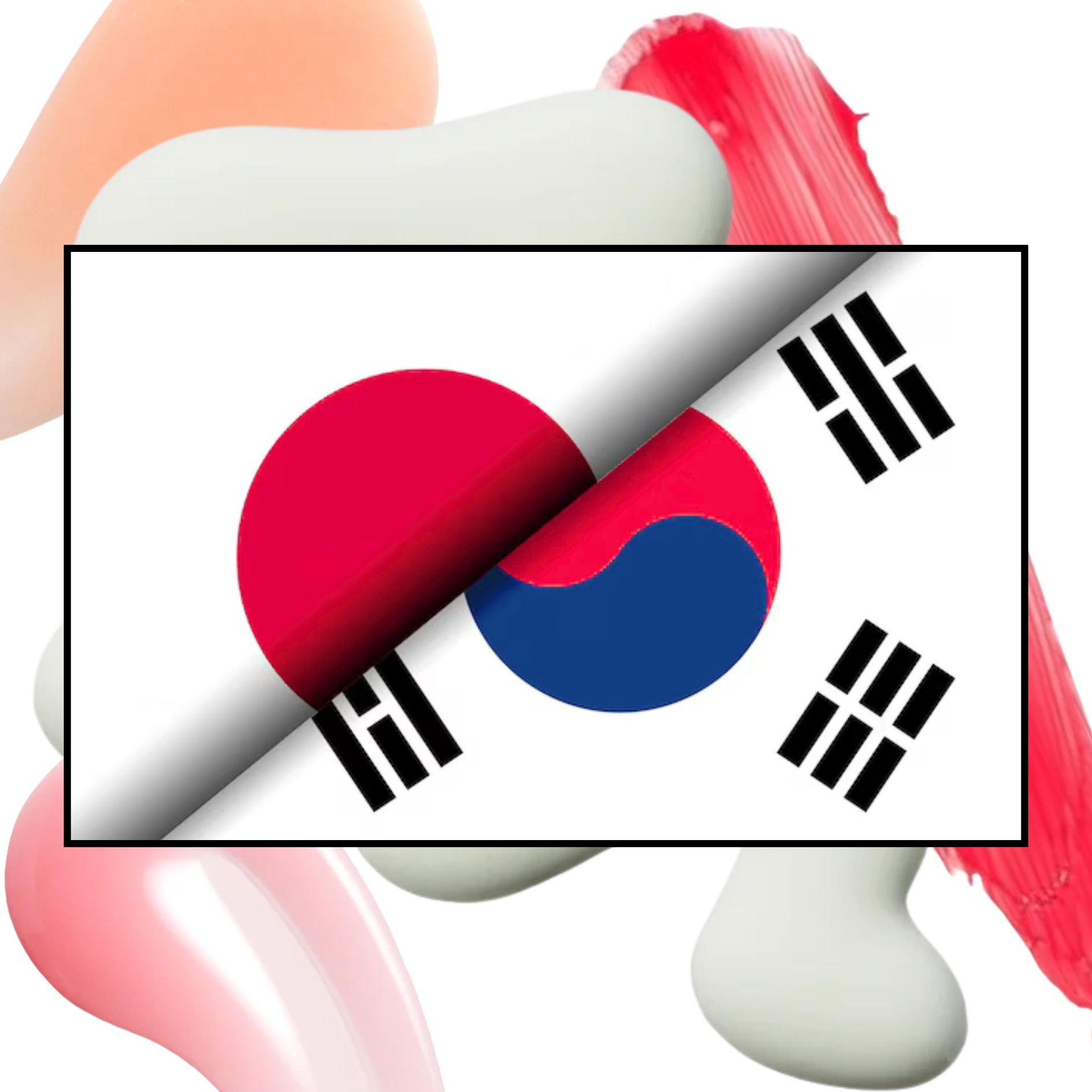

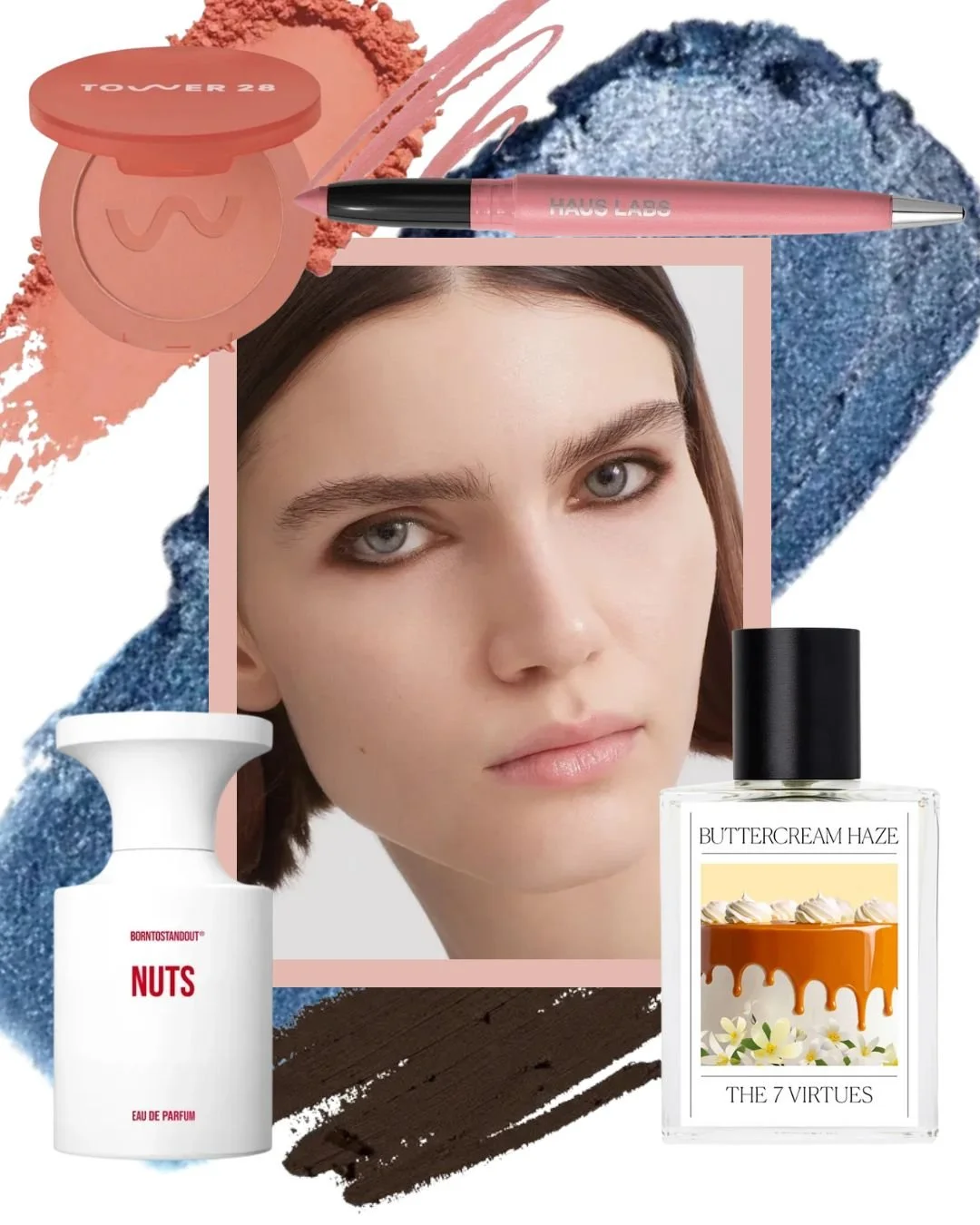




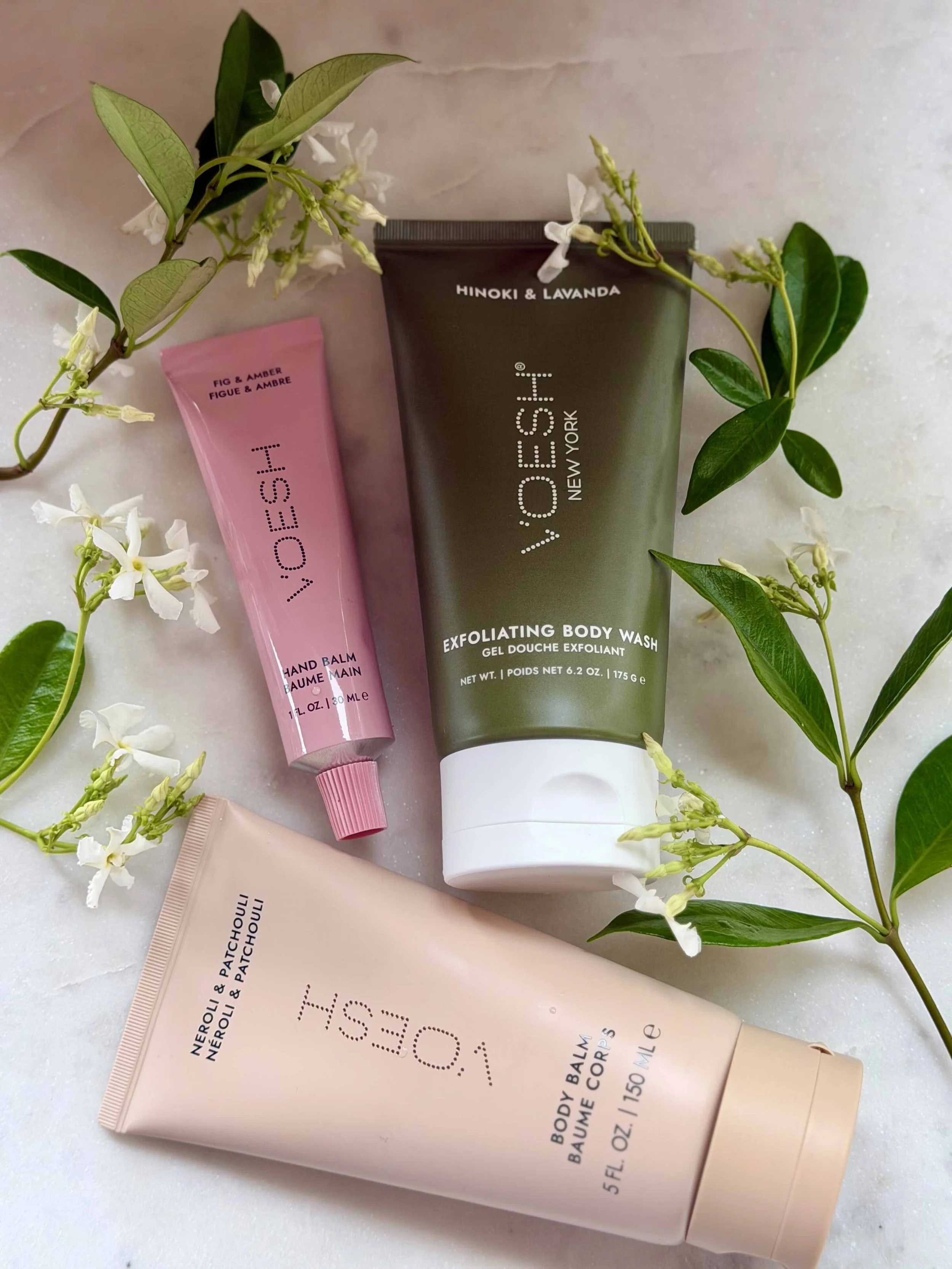
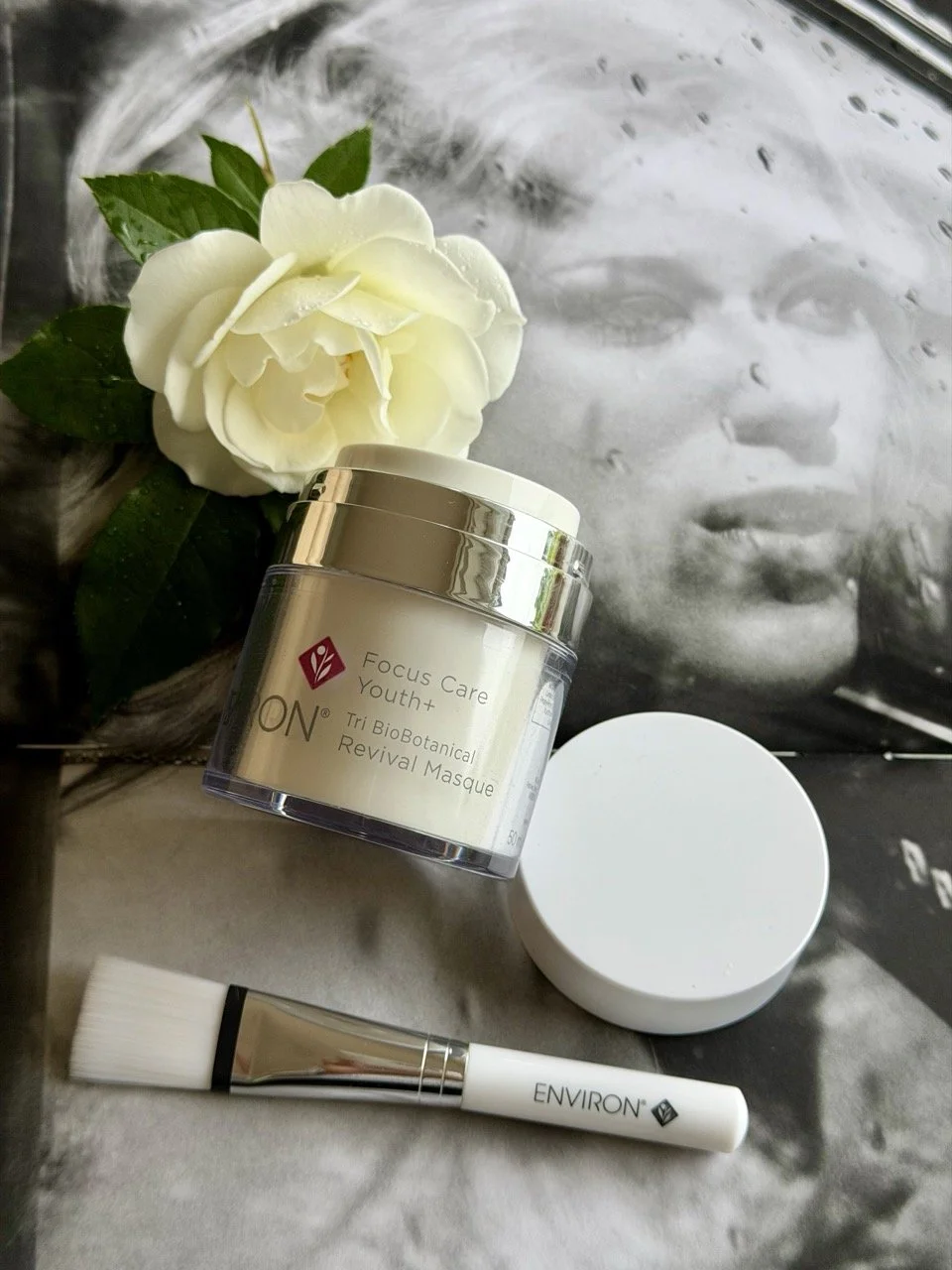



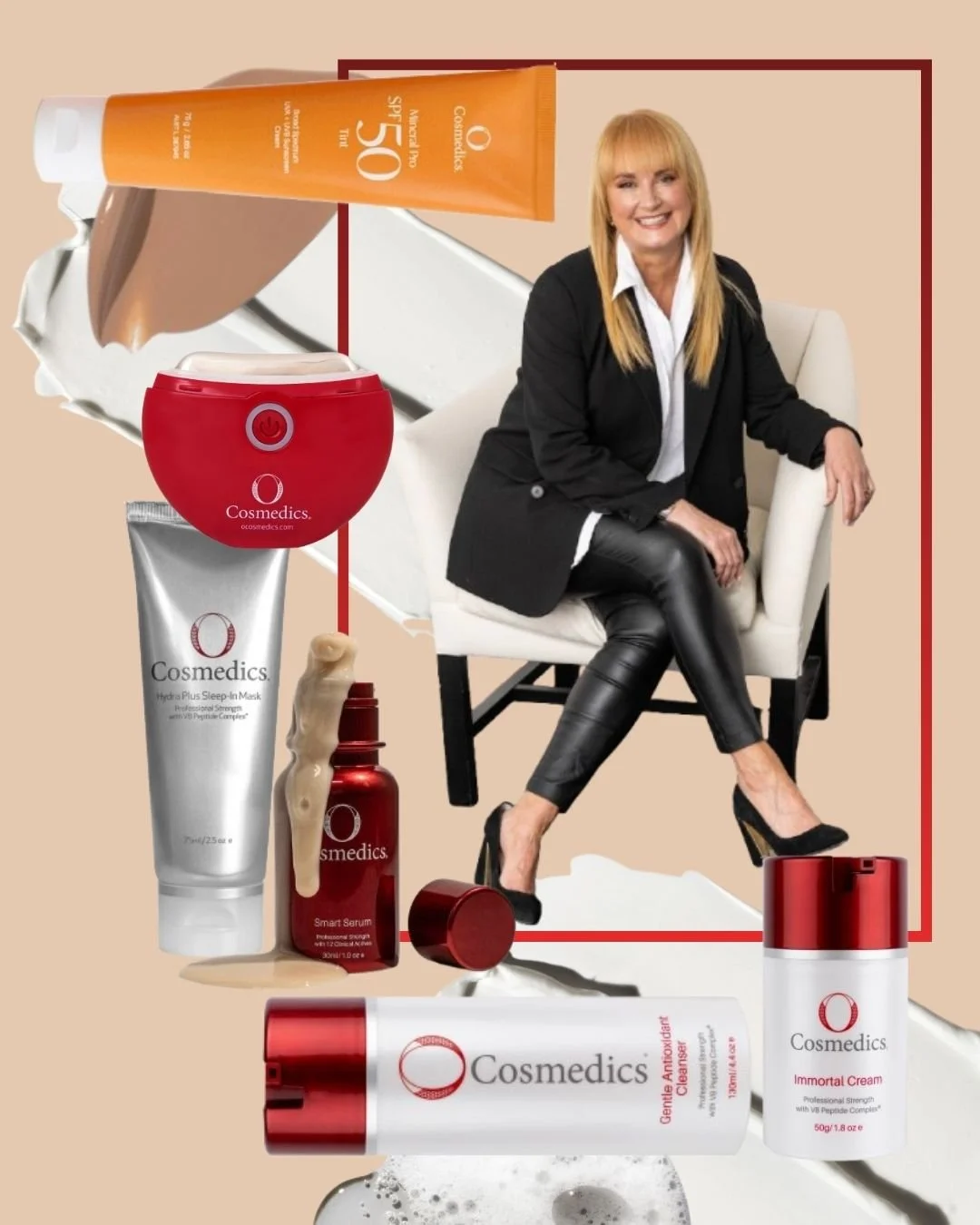

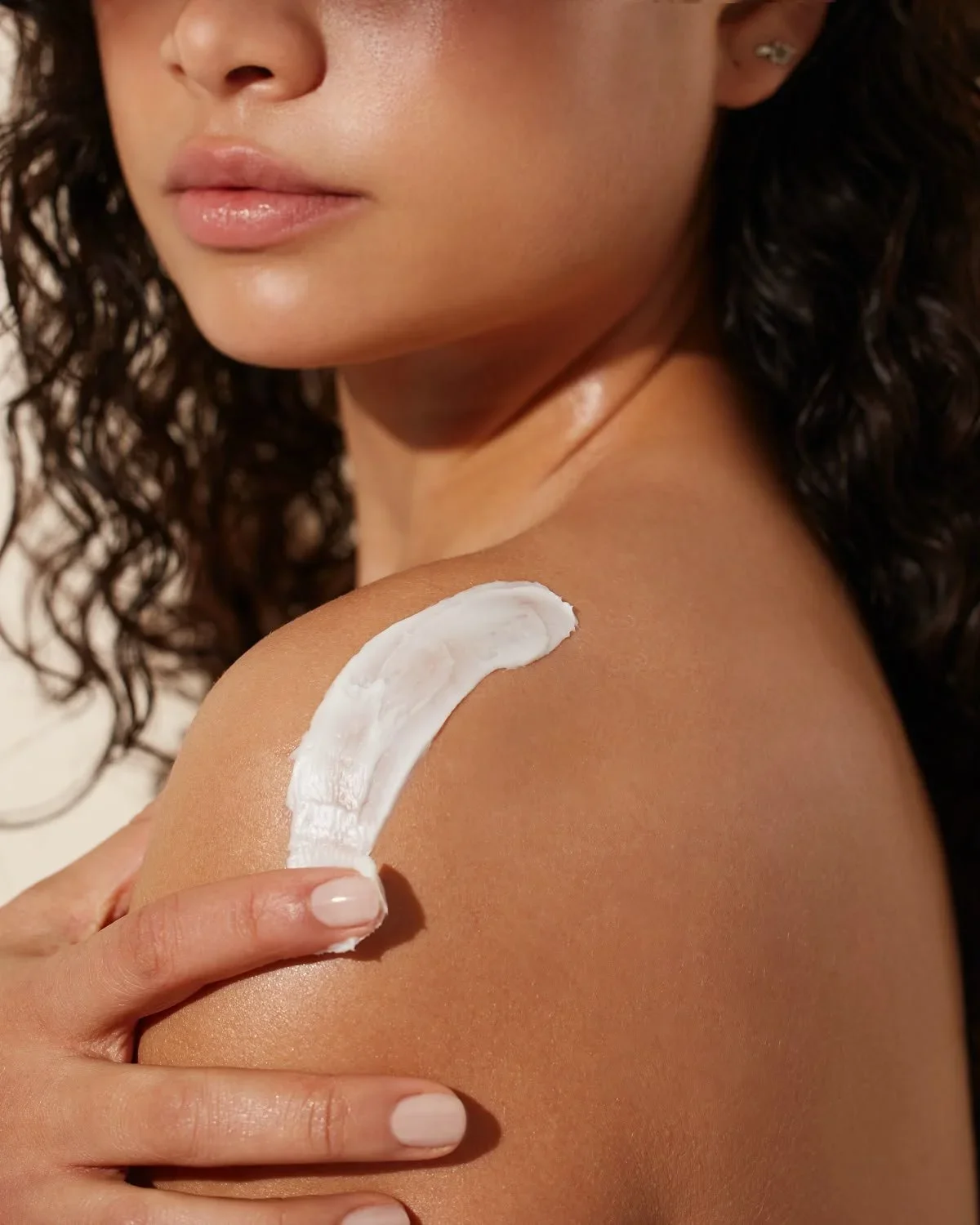
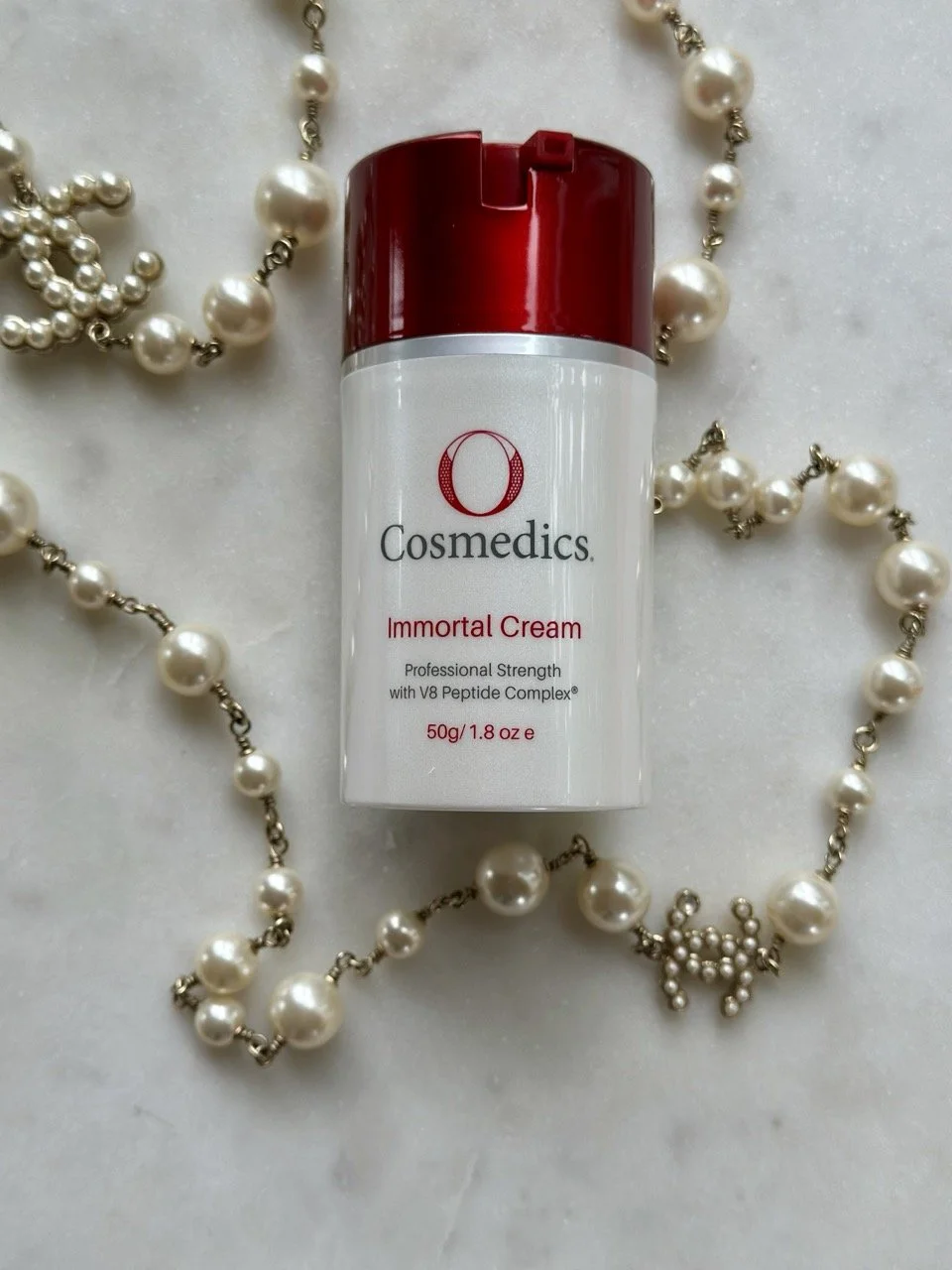
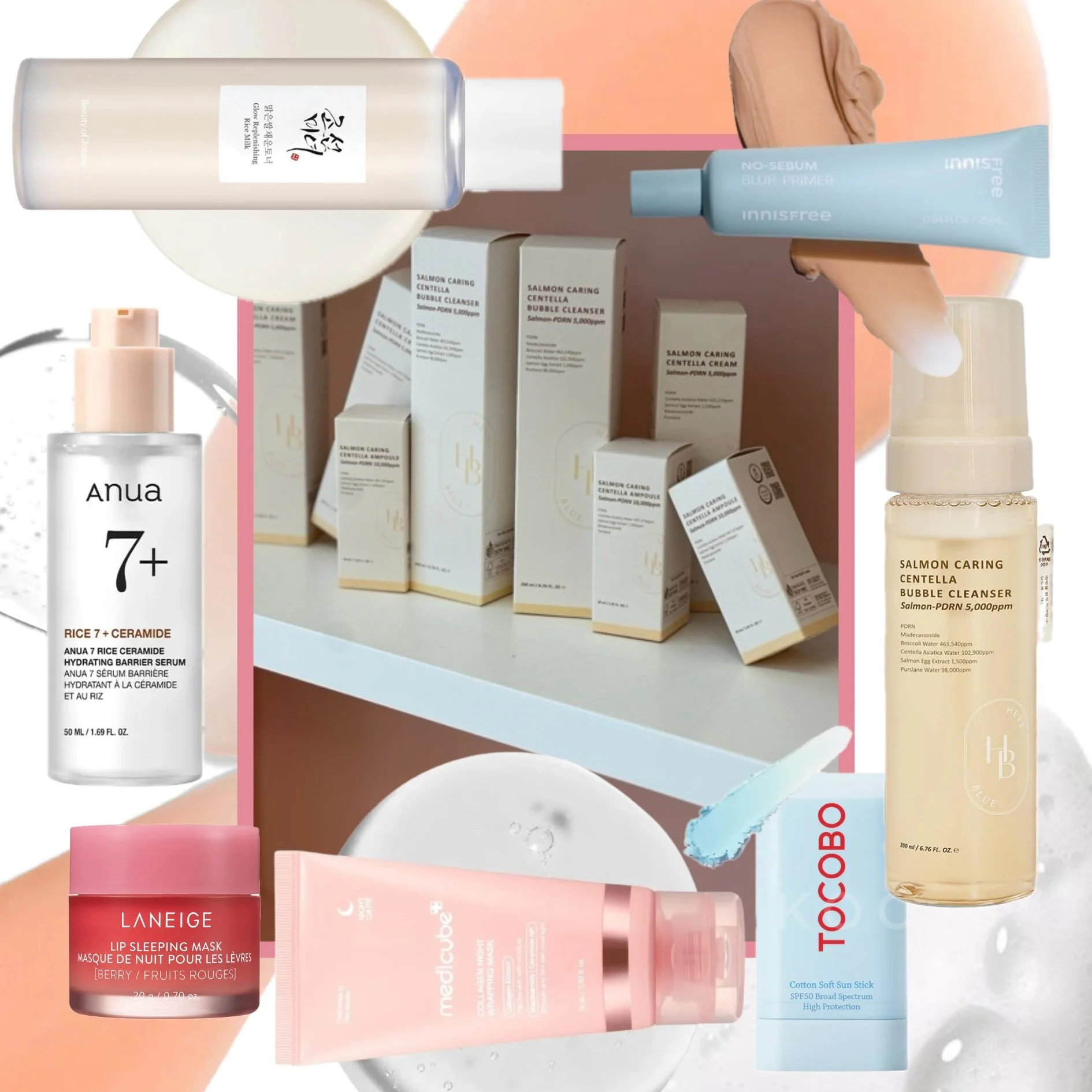

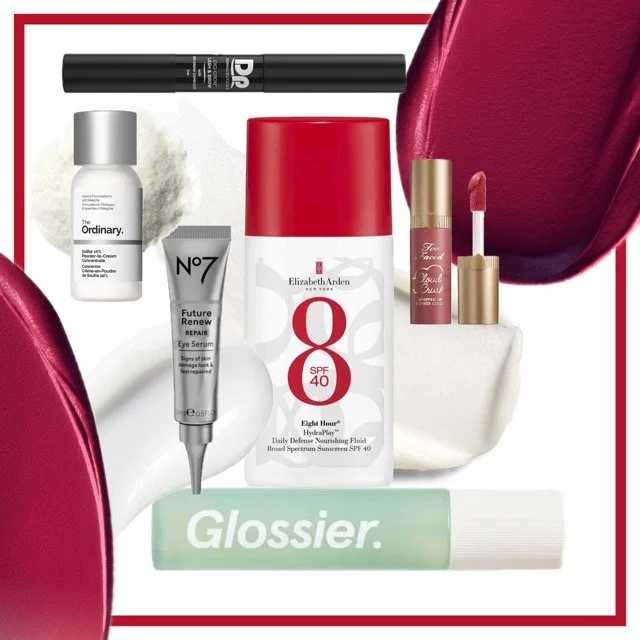




That put dull skin on notice.